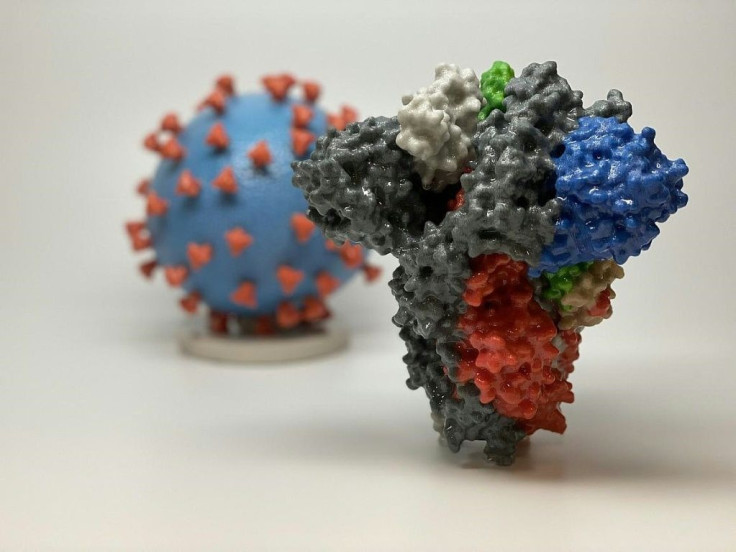FCC Issues Warning: What To Do About COVID-19 Text And Phone Scams

KEY POINTS
- The COVID-19 pandemic is causing fear to consumers
- But, some opportunists are capitalizing on these fears to victimize people
- Here are some tips and tricks on how to avoid malicious agents
The COVID-19 pandemic has taken more than 11,000 lives as of this writing. While the entire world is scrambling to save lives, prevent the spread of infection, and develop vaccines, some people are taking advantage of the situation. A lot of scams are now capitalizing on the COVID-19 pandemic to victimized anxious and unsuspecting consumers.
Latest FCC Advisory
The Federal Communications Commission (FCC) recently released a new set of information concerning the latest phone and text scams in the US that seems to victimize people amid the COVID-19 pandemic. On the official website of the institution, it reveals the details of the scams reported to them. This includes robocalls and text scams "offering free home testing kits, promoting bogus cures, selling health insurance, and preying on virus-related fears."
The FCC also warns the public that they may receive hoax text messages that claim that the US government is strictly enforcing a home quarantine for a couple of weeks. The text also encourages consumers to stockpile supplies and foods. The FCC notes that these scam messages could look like it comes from a neighbor.
It is worth noting that any call offering goods or services should be taken with caution because, at this time, there is a high chance that it is a scam. The same applies to text messages. The government is clear that there is no one from the public health, the government, or health services that would ask consumers to verify personal information.
The government is not offering any free COVID-19 test kit that requires personal info of the consumers. All tests for the COVID-19 will come from medical professionals from different medical facilities. Also, it is not possible to conduct COVID-19 testing at home since it requires a lab, trained Medtech, or health care professional to perform the test.
What Should You Do?
The FCC released a new set of rules along with some tips that will prevent consumers from falling prey to this new kind of phone and text scams. Never trust a call even if you are familiar with the number because these could be faked. Consumers must never ever click links sent through a text message.
The FCC also advised consumers not to respond to any charity calls or donate to a charity. Those calling asking for donations are most likely not legit, FCC says. Also, do not entertain those pressuring you to share any information or asking you to make payment immediately.
Consumers must not share any personal info through text, phone call, or email. Texts or calls from unknown numbers must not be entertained, the FCC reminds.
© Copyright IBTimes 2025. All rights reserved.




















